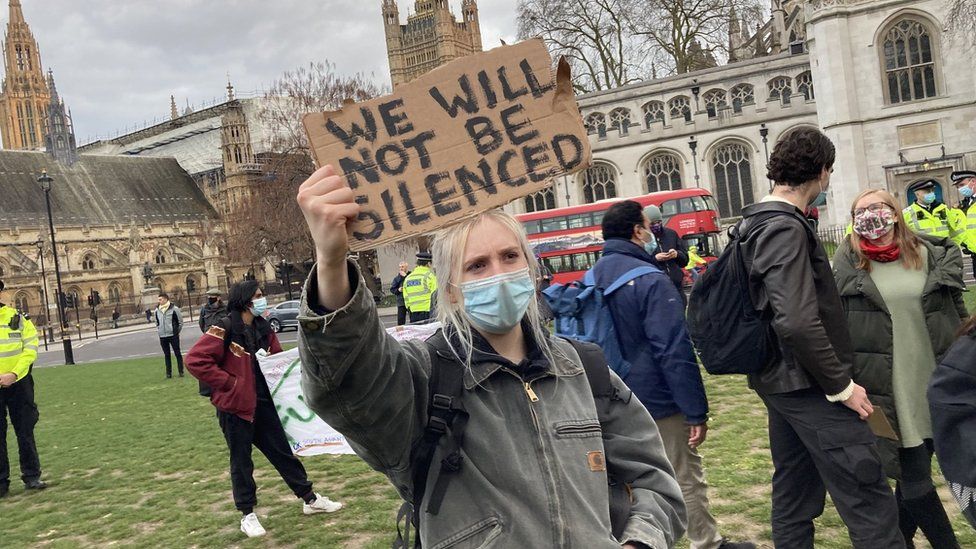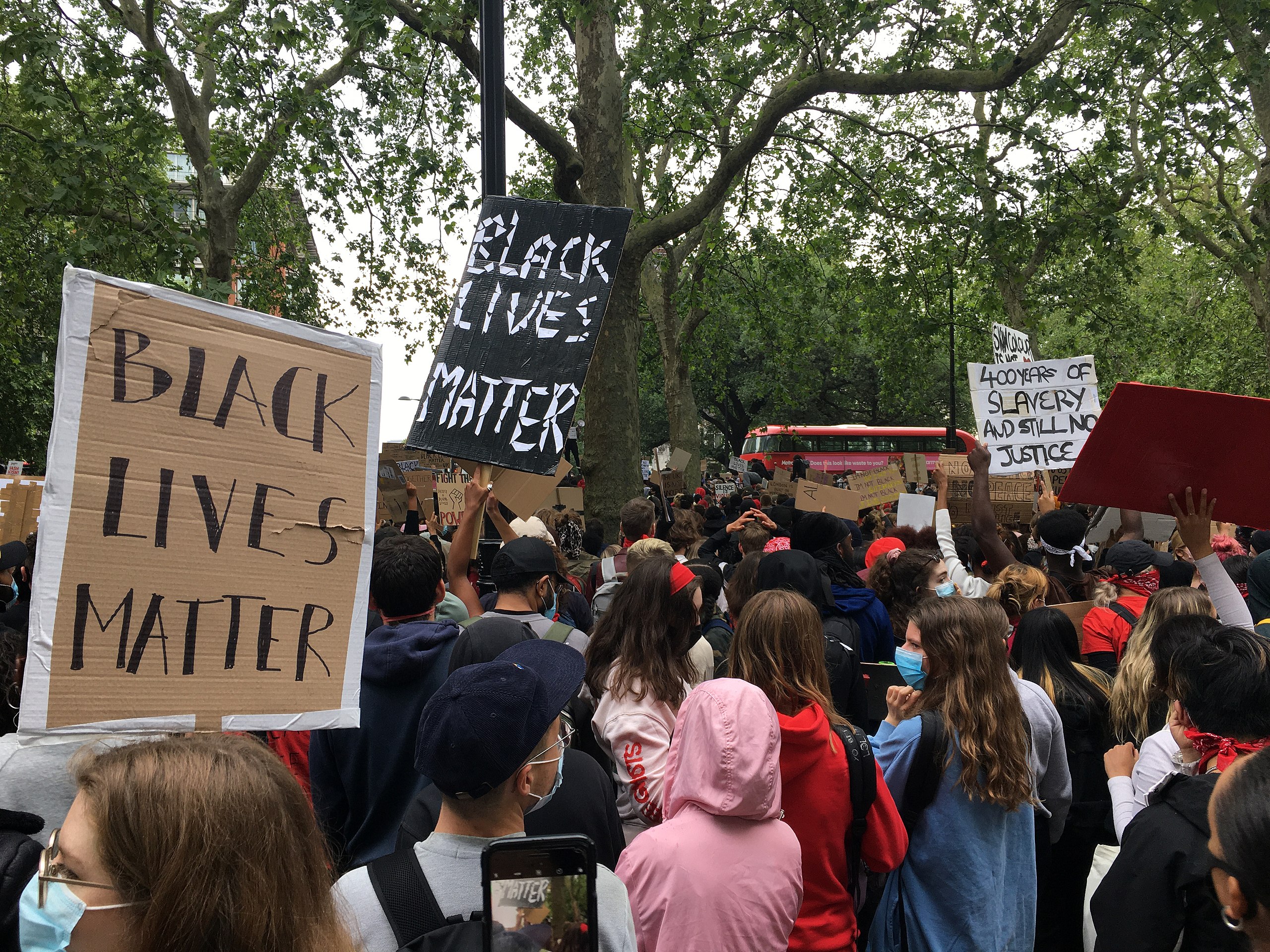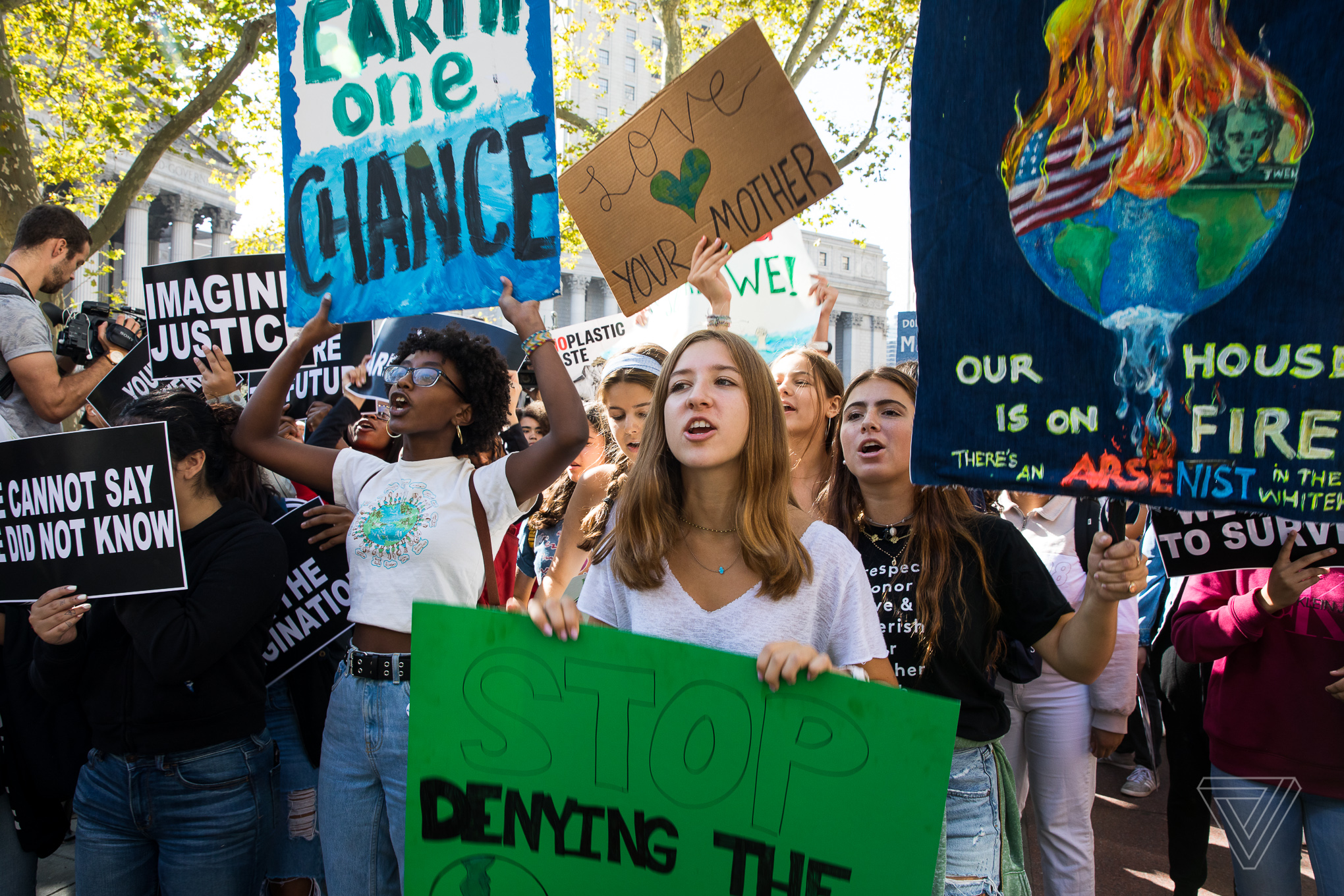The Orwell Youth Prize 2021: Reader responses
Posted on 21 Jul 2021 Categories: Blog, Climate crisis, Inequality, Young people
by Orwell Youth Prize
The results of The Orwell Youth Prize 2021 will be revealed at our Celebration Day on Thursday 22nd July, and we are looking forward to sharing another year of exceptional writing. Thursday is also an opportunity to reflect on the responses of every young writer who entered the prize – to celebrate their achievements, but also to create new conversations around their collective concerns.
Supported by Rethinking Poverty: The Webb Legacy, this year’s Orwell Youth Prize encouraged creative responses to the theme ‘A New Direction, Starting Small’. In addition to their entries, which ranged from poems and short stories to journalism and essays, we asked young people tell us the one change they would most like to see in their lives.
Orwell himself demonstrated that the strongest writing often comes from a place of personal experience. Our aim this year, as the pandemic continued, was to support entrants to think hard about their local environment, encouraging them to trust their observations and use their authority to write about the changes they would like to see to create a better society.
Rebecca Clayton and Molly Elliott have been helping coordinate our feedback and longlisting process this year and have between them had the privilege of reading hundreds of pieces. We asked Rebecca and Molly what they had learnt from the ways in which our entrants grappled with this year’s theme. What were the themes which stood out?
Jeremy Wikeley, Programme Manager, The Orwell Foundation

Molly Elliott
Our first reflection comes from Molly Elliott. Molly is an International Relations graduate and previous winner of the Orwell Youth Prize for her story ‘Mind the Gap’. She is especially interested in the link between technology and politics.
This year I was lucky enough to help with the admin, feedback and longlisting processes for the Orwell Youth Prize. In total, I provided personalised feedback on twenty-six entries, checked and sent around 200 pieces of feedback to our entrants, and read around 100 entries during longlisting and second-tier longlisting. As a previous winner, it was eye-opening to see behind the scenes and exciting to read so many high-quality entries.
The 2021 theme of ‘A new direction: Starting Small’ clearly inspired entrants to tackle a wide range of issues. Environmental concerns such as climate change, littering, and extinction featured prominently alongside entries discussing racism, educational inequality, and sexual harassment.
As with last year, where I saw many entries focused on the COVID-19 pandemic, this year’s entries were often linked to key events in the news. It was clear that the deaths of George Floyd and Sarah Everard, Black Lives Matter protests, international human rights abuses, and the cycle of lockdowns were weighing on our entrants’ minds.
Despite the theme’s optimistic connotations, many entries had tones of despair, or exasperation with the issue at hand. Some of the most hopeful entries tended to offer innovative solutions to specific problems, such as litter in the local park or the struggles of Dalit women in India. It was inspiring to see how this year’s theme encouraged critical thinking and problem solving. On the topic of climate change, several entrants felt the problem too big to ‘start small’, demanding system wide change instead. However, even the less hopeful entries were not pessimistic. A common emotion I noticed was anger, and outrage at the state of the world. I am not surprised by this, considering the way in which young people’s lives have been affected in the past year.
A wide variety of literary forms were used in response to the theme. This was aided by the wide range of brilliant resources listed on the Youth Prize website. I was particularly impressed by entries which managed to capture big political issues in carefully constructed poetry, or subtle fictional stories. We also had lots of impressive essays and speeches from English classes. It was great to see so many students trying their hand at political writing, and teachers are clearly using the prize to encourage thoughtful political discussions.
Entrants were also asked to talk about ‘one positive change’ that would increase their happiness. Answers were inventive, bold, and optimistic. Many entrants wished to change big issues, such as eliminating racism, sexual harassment, or gender inequality. Some opted for smaller, more immediate changes such as providing more mental health support in schools or improving diversity in education. Many answers expressed just how hard the past year has been for young people but showed hope for improvement as things get “back to normal”.

Rebecca Clayton
Rebecca Clayton is currently a freelance writer. She finished her MA in English: Issues in Modern Culture at UCL in late 2020 – she wrote her thesis on George Orwell’s lesser-known novel ‘Keep the Aspidistra Flying’.
When submitting their entry, we asked each young person to suggest the one change they would like to see implemented in society. Though we received every type of answer, from ‘reversing the impact of climate change’, ‘increasing the happiness of people around the world’, and ‘stopping systemic racism’, to ‘I want to be a millionaire’, three main subjects dominated the answers I read: discrimination of all kinds, mental health awareness, and the threat posed by climate change.
Although the theme of the Orwell Youth Prize 2021 was ‘A New Direction: Starting Small’, most young people seemed to concentrate on the bigger picture. The tone of most of the pieces themselves was serious and sad but equally ambitious about the future. The entrants were very critical of the way society treats the LGBTQ+ community, the way politicians play games with the lives of first-, second-, and third-generation immigrants who have settled in this country, and the way colonialism is taught in schools. However, they were also hopeful about the future, and committed to implementing changes that would alter peoples’ lives for the better. The way schools teach young people about different cultures, races, and religions dominated many of the pieces I was reading. Young people were very critical of what they saw as a discourse dominated by “dead white men”, to paraphrase one short play submitted to us. They were keen to discuss the ways in which history has warped our perception of ourselves as an imperial force.
Young people were also preoccupied with the effects of the pandemic on their education. I read some heart-breaking pieces about children who had been isolated from their friends, their classmates, and their teachers. They were distressed about the education and time in the classroom they were missing out on. They lamented their lack of social interaction, but also their limited access to outside space. It was worrying to hear that young people themselves were worried about the impact the pandemic was having on their development, both socially and intellectually. Sometimes it can appear that adults discuss such things without the input of the young people themselves, so it was humbling to see how the entrants picked up on the concerns of teachers, parents, and politicians. A lot of the poetry written expressed feelings of emotional loneliness, helplessness, and physical isolation; although not always stated explicitly, and often a feature of young writing, it seems obvious that they were also reacting to the continuous lockdowns we have had in this country.
Another dominant strain of discourse was on the consequences of social media and technology; again, entrants concentrated mostly on the way it affects their learning. A lot of pieces I was reading were concerned with Instagram, Twitter, and the way their ability to instantly access almost any piece of information was affecting their mental health in school. In a lot of these pieces, the perspective was objective rather than subjective. By this, I mean that they saw the effects it was having on young people all over the country, rather than to themselves personally. A lot of this was wrapped up in their awareness of their generation – “Gen Z” or “Zoomers”, as they sometimes referred to themselves as. For many entrants, their personal identity was intimately connected to their status as young “Gen Z”, and they often equated their age group with the expansion of the internet and technology in general. Again, I thought this was interesting because it shows how hyper-aware they are of the online discourse surrounding the legacy of millennials, and the opportunities they see to make societal changes as they grow older.

Posted on 21 Jul 2021 Categories: Blog, Climate crisis, Inequality, Young people
